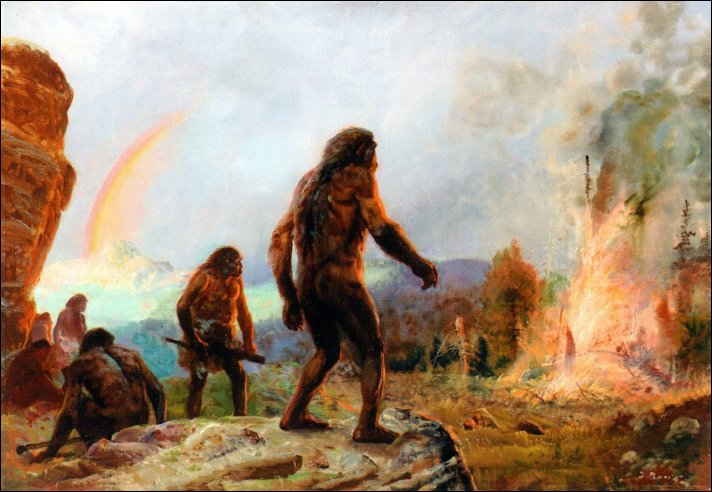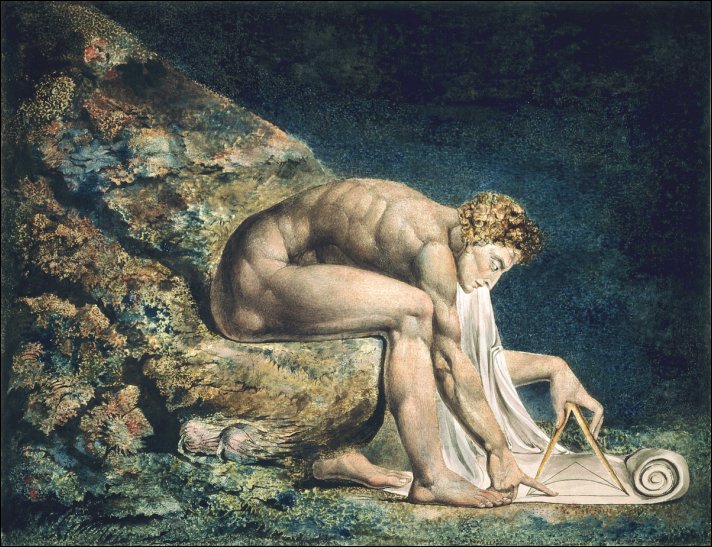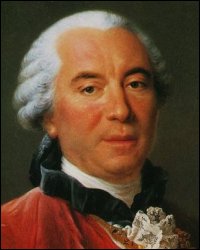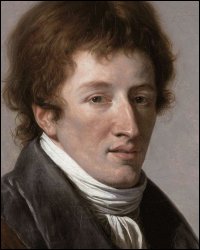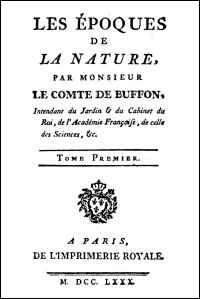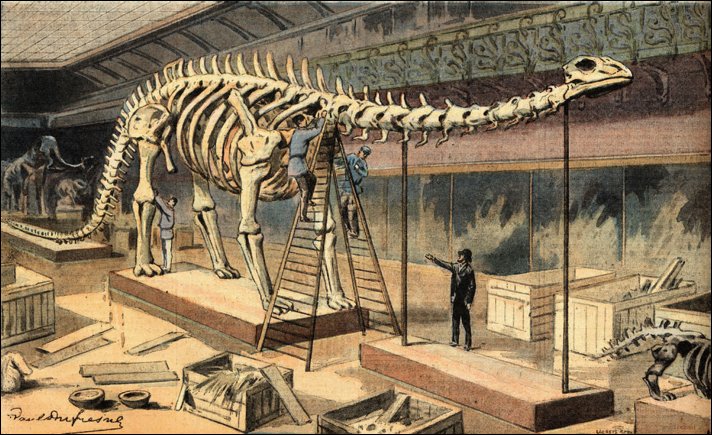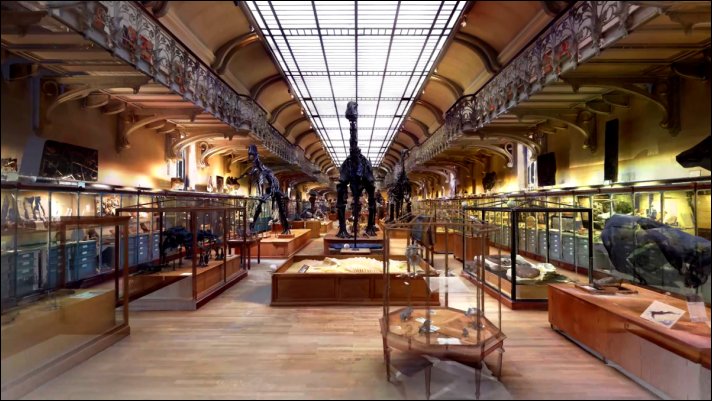modern science
![]()
SCIENCE
![]()
FIRST STEPS IN CULTURE AND SCIENCE
![]()
Noticing both the constancies and the variations in their environment, our pre-historic ancestors soon started to quest for rules that would allow them to anticipate plausible coming (positive or negative) natural events and so to gain some control over them.
—
—
A long-term systemization of such knowledge resulting from observation and experience became our early ancestor’s essential «culture», a sort of «second nature» that artificially provide them a rational support to survive in very different and often quite hostile environments, despite being less anatomically equipped than other animals: smaller stature, standing posture, absence of a thick four, &c.
![]()
—
An eventual natural physical incompleteness and psychological immaturity – a hipothetical neotenic condition or juvenilization tendency – of humankind has been namely explored by Georges Lapassade as a possible explanation for such a cultural development process.
—[cf.: Georges Lapassade – “L’ENTRÈE DANS LA VIE, ESSAI SUR L’INACHÈVEMENT DE L’HOMME”. Paris, Les Éditions de Minuit. 1963]
![]()
The cultural complex arrangements that deeply shape our present various ways of living around the Globe – different social structures and political systems, distinct beliefs, all economic support solutions, every branch of science, each expression of art, &c. – derive from that first basic process of gathering information into organised, memorised, socially shared and transmitted knowledge systems, through an elaborated complexification course led by several mechanisms such as replication, mutation, innovation, invention, adaptation, exaptation, diffusion, confrontation, exchange, &c.
–
![]()
![]()
BASIC CONDITION OF SCIENCE
![]()
The very basic condition of Science is an absolute liberty to observe, to analyse and to interpret in a rational explicative theory – and to reobserve, to reanalyse and to reinterpret with all different possible reasonable interpretative outcomes – each and every aspect of the whole reality that surrounds us, without any imposing constraints from received notions and conceptions (presumptions), totally free from all pre-formatted ideas and, namely, from traditional more or less dogmatic religious assumptions.
![]()
CLASSIC ANTIQUITY
![]()
Liberty and independence of speculation in the search of regularities and patterns hidden in our surrounding reality – the Earth and the Universe… – aiming to unlock its secrets and discover its principles and laws is the greatest intellectual legacy received from the ancient Greek and classical Greco-Roman culture.
![]()
—
… When we are asked to specify the debt which civilization owes to the Greeks, their achievements in literature and art naturally occur to us first of all. But a truer answer may be that our deepest gratitude is due to them as the originators of liberty of thought and discussion. For this freedom of spirit was not only the condition of their speculations in philosophy, their progress in science, their experiments in political institutions; it was also a condition of their literary and artistic excellence. …
…
Ionia in Asia Minor was the cradle of free speculation. The history of European science and European philosophy begins in Ionia. Here (in the sixth and fifth centuries B.C.) the early philosophers by using their reason sought to penetrate into the origin and structure of the world. They could not of course free their minds entirely from received notions, but they began the work of destroying orthodox views and religious faiths. (p.21-23)[John Bagnell Bury – 1913]
![]()
MODERN SCIENCE
![]()
![]()
—
Science has been advancing without interruption during the last three of four hundred years; every new discovery has led to new problems and new methods of solution, and opened up new fields for exploration. Hitherto men of science have not been compelled to halt, they have always found ways to advance further. But what assurance have we that they will not come up against impassable barriers? …Take biology or astronomy. How can we be sure that some day progress may not come to a dead pause, not because knowledge is exhausted, but because our resources for investigation are exhausted… It is an assumption, which cannot be verified, that we shall not reach a point in our knowledge of nature beyond which the human intellect is unqualified to pass[John Bagnell Bury – 1920]
![]()
THE PLACE OF EARTH IN THE UNIVERSE
![]()
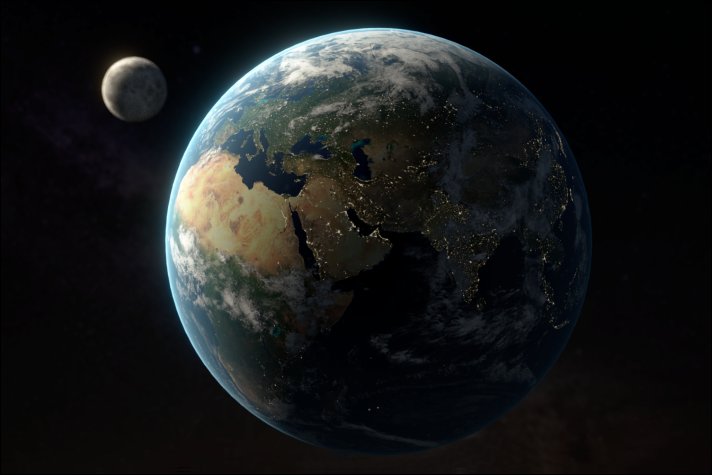 |
——
![]()
THE PLACE OF MAN IN NATURE
![]()
![]()
THE EVOLUTION OF SPECIES
![]()
![]()

